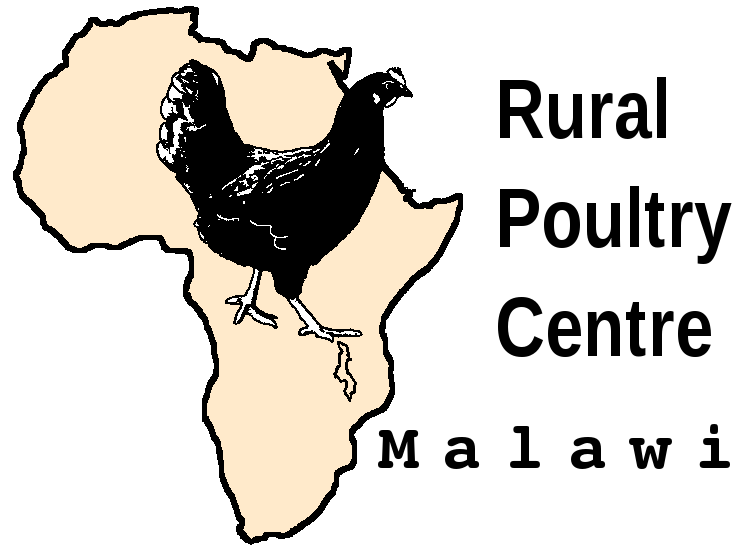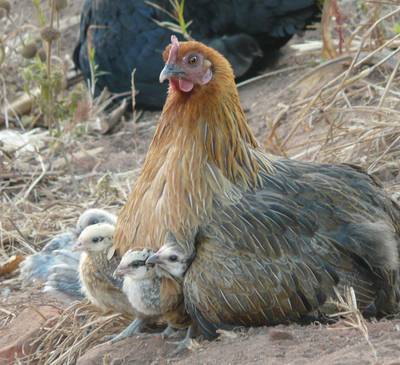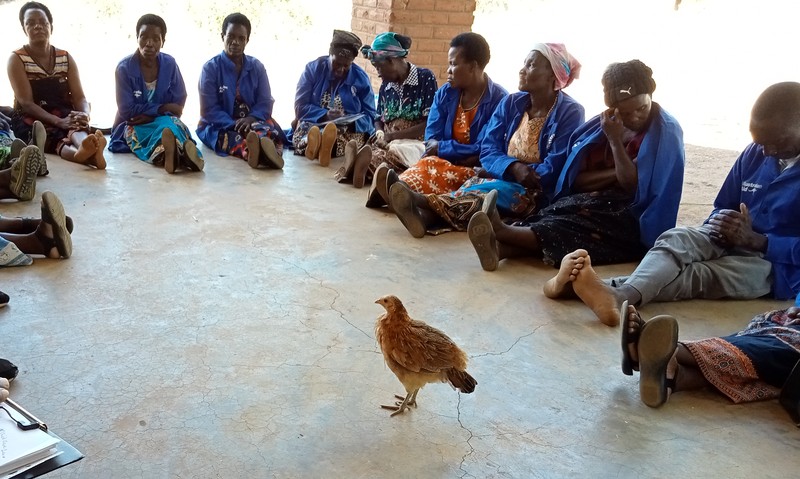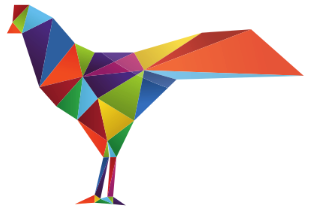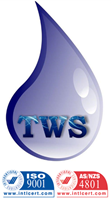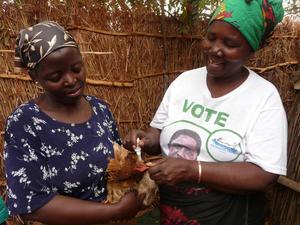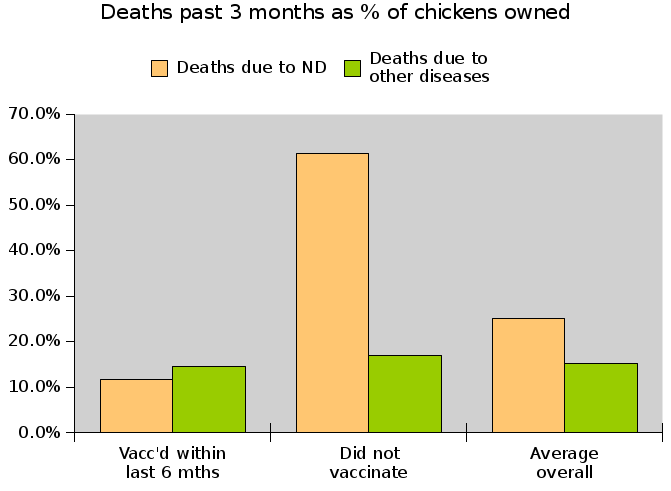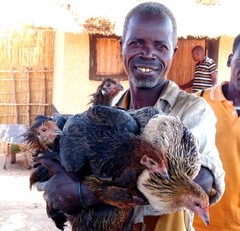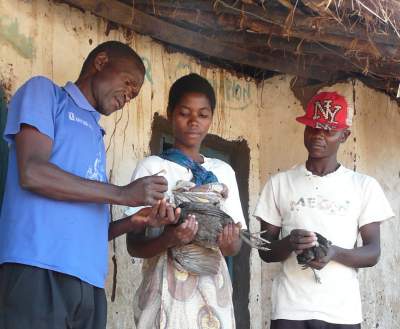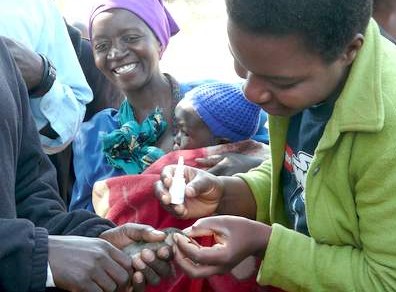What's happening...
"The Life You Can Save"
I hadn't thought much about saving lives. Except of course, when something quite out of the ordinary turns up.
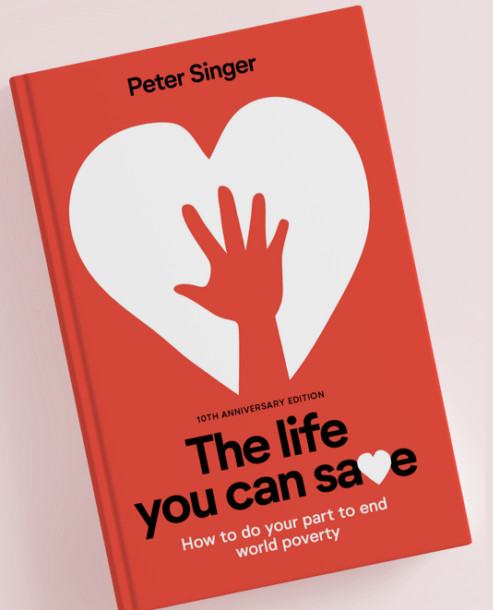
But recently, I turned my attention to Peter Singer's free book "The Life You Can Save" which is celebrating with a little fanfare, its 10th Anniversary Edition. In this book, Singer considers the ethical and practical aspects of giving, by those in the world who are better off, to those who are less well off. For me, its virtues came in little snippets between which I must admit to just a hint of impatience as Singer hammered home his point. Among the more interesting snippets was a chapter on measuring the true impact of aid, a subject which really set my antennae probing.
We in RPC are not in the business of "saving lives". Or at least we don't think that way. Our job is more just to enable rural people to have an extra chicken or two. But of course we do have an impact and we know intuitively that it's an important and significant impact. Why else would rural poultry farmers come looking to us for more vaccine for which they have to pay! If they thus recognise its impact, I'm happy to oblige without many further questions.
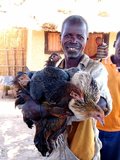
But of course, an institution such as ours is rather obliged to measure its impact, and to do so in an independent, understandable way. We've always measured our impact: we can tell you how many chickens have been vaccinated, how effective is that vaccination, how many community based poultry workers we've trained and supported, what we have done to ensure stable production of the vaccine, and so on. But I recognise we should strive to do more than just that, so we are presently turning our efforts towards measuring our impact in terms which apply to our ultimate 'end users': rural poultry farmers. We have a golden opportunity to do this in Mchinji where we are starting a project called "Village Poultry for Better Livelihoods". We will look at rural poultry production in the villages before and after our project makes its mark and then we'll compare to see the difference. In a first for us, we'll use smart phone technology to gather this information thus hopefully reducing costs and increasing the data set. We'll look at how people sell, consume or otherwise dispose of their chickens and we'll measure how this impact is shared between men, women, kids and the disabled.
And I don't want to be boastful but I'm sure we'll save a life or two. We won't be able to pinpoint exactly which life nor even give you an estimate of how many (which so many well managed aid interventions can) but we can be sure that ultimately our work will indirectly have exactly that impact - saving lives.
Enough! If you have any technical advice on how we might best measure our impact, we would love to hear from you. We've got our own ideas but we are not experts.
Till next time.
Pat Boland
28 December 2019


